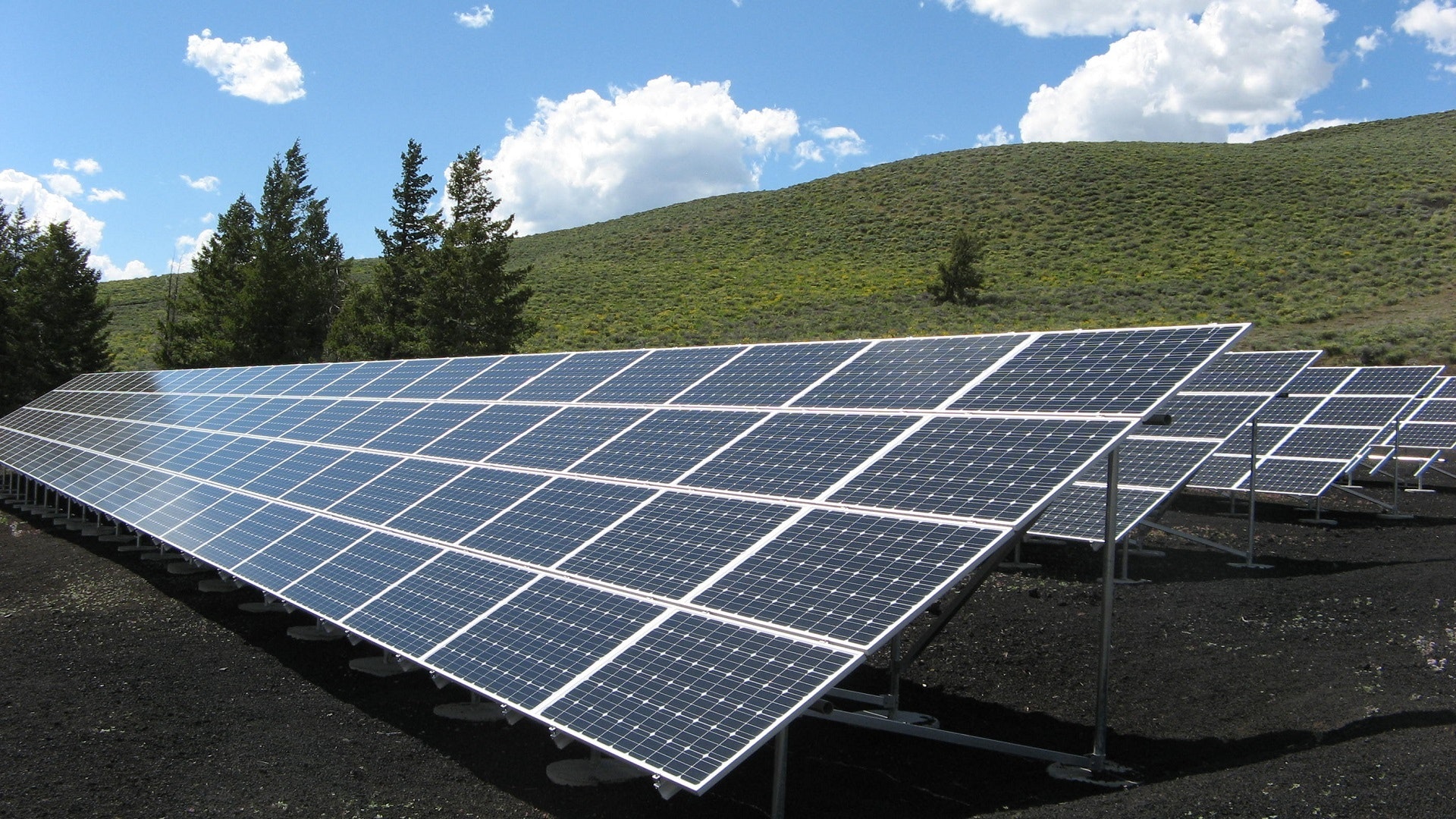






Energy Saving
Data Portal
Eskom Chatbot
Home Energy
MyEskom App
Tariffs, Charges
CS Online
Invitation to Market Code Launch
The NECOM Secretariat invites you to a public forum to launch a series of industry wide consultations on the Market model and the draft South African Wholesale Electricity Market Code
Invitation to participate in the Distribution Demand Management Programme
Eskom Distribution has launched the Distribution Demand Management Programme (DDMP) to assist in the reduction of load shedding.
Invitation to participate in the Cross-border Standard Offer Programme (CBSOP)
Eskom Transmission has launched the CBSOP to procure power from the region and assist in the reduction of load shedding.
Eskom’s crowdsourcing digital platform allows it to supplement its existing skills base to help address its operational challenges. The platform act as a skills database for Eskom to acquire additional expertise and resolve its urgent business needs.
Complaint Handling Process
We define a complaint as any expression of dissatisfaction by a customer in relation to the product or service rendered to the customer. At Eskom, we always try to give our customers the best service, but we may not always meet customers’ expectations.



